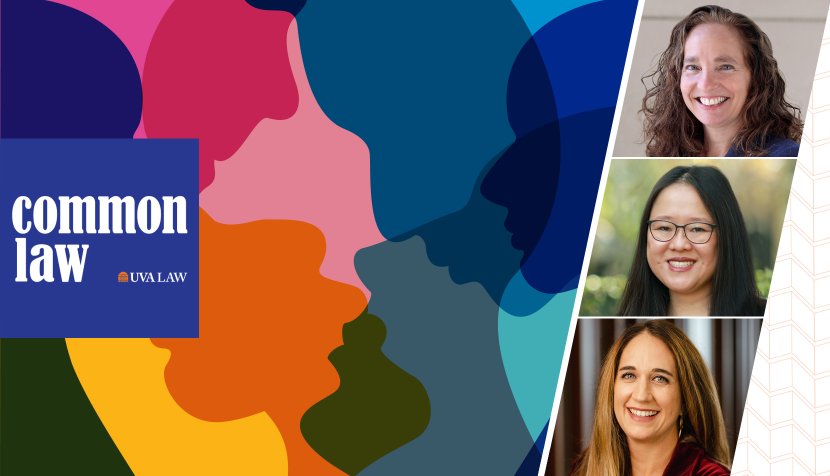‘Common Law’ Explores Loopholes in Character Evidence

The rules on individual proof in crook trials are complete of exceptions and problems, student Teneille Brown at the trendy episode of “Common Law,” a podcast of the University of Virginia School of Law.
Character proof is usually now no longer admissible in court — simply due to the fact you probably did a horrific issue earlier than doesn’t imply you’re immoral or incapable of change. At least that’s the not unusualplace law concept in the back of the ban on individual proof in maximum crook cases.
But the rule is hard to use and riddled with exceptions and problems, in step with Brown, a University of Utah law professor, who stated the evidentiary rule has caused extra reversals and acquittals than some other rule. Her most recent paper, “Bad Habits,” coming near near withinside the Howard Law Review, additionally discovered that the rules of proof — primarily based totally closely on notions of morality — aren’t retaining up with society’s converting expertise of morals, intellectual contamination and human behavior.
In this episode of “Common Law,” co-hosts Dean Risa Goluboff and Professor Cathy Hwang perform a little role-gambling with Brown because the prosecutor, protection recommend and judge, to present listeners an concept of ways those complexities may play out in actual life.
As Brown and the hosts speak in this episode, the early not unusualplace law rule towards individual proof handiest saved out proof of immoral behavior, and conceptions of morality have been then extra agreed upon. In 1975, the Federal Rules of Evidence unexpectedly banned all individual proof, but exceptions to the rule abound. Today, a person’s records of dependancy is probably impermissible as stigmatizing individual proof, however nevertheless be admitted as addiction proof or mental profile proof. The hosts discover what all this means: Should the exclusionary rule be extra intently tied to whether or not the proof is going to a defendant’s immorality? And who receives to determine what’s immoral those days?
Brown is a professor of law on the S.J. Quinney College of Law on the University of Utah and an accessory withinside the Department of Internal Medicine/Center for Health Ethics, Arts, and Humanities. She graduated from the University of Michigan Law School and finished 3 postdoctoral fellowships at Stanford.
Her fellowships and studies span a huge variety of problems on the intersection of law, genetics, neuroscience, medication and ethics. She is at the govt committee for the AALS Evidence phase and the Utah Supreme Court’s Advisory Committee on Evidence.
In a continuation of ultimate season, called “Co-Counsel,” the podcast’s 5th season returns with Goluboff and 4 rotating co-hosts: Hwang, Danielle Citron, John Harrison and Gregory Mitchell. Each will be a part of Goluboff to talk about modern studies on law subjects in their choice.
“Common Law” is to be had on Apple Podcasts, Stitcher, YouTube, Spotify and different famous podcast sources. The display is produced via way of means of Emily Richardson-Lorente.
Past seasons have targeted on “The Future of Law,” “When Law Changed the World“ and “Law and Equity.”
